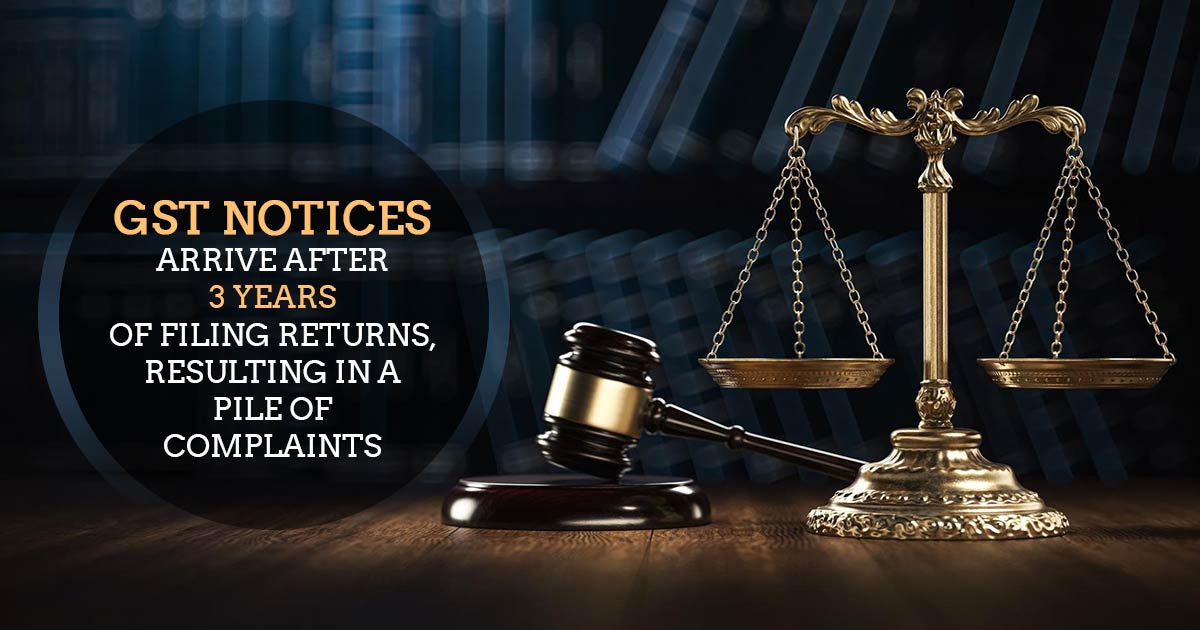
The businesses have proceeded to the High Court challenging the legal validity of the notices who obtained the GST notices in December 2023 and January of this current year as of the extension of the due date for the issuance of the GST notice.
Before the centre, certain high courts have furnished the notices and directed the same not to take any strict action against the assessees, concerned people mentioned. Numerous petitions concerning about 800 taxpayers have been filed across the country, they added.
As per the GST regulation, notices are required to be sent out within 3 years of filing the return. While for the first time, the due date was extended because of COVID-19, the Central Board of Indirect Taxes and Customs subsequently extended the date numerous times.
The due date was extended for issuance of notices for 2018-19 to April 30, and for 2019-20 to August 31, resulting in a spate of notices to taxpayers.
The High courts of Guwahati, J&K and Ladakh, Rajasthan and MP, which are hearing these matters have stayed the tax demands. The industry is looking if the courts prioritize leniency or stricter enforcement of force majeure conditions.
Their stance has been opposed by the revenue authorities claiming that all the extensions were accomplished post-GST Council’s approval. The statutory GST provisions furnished for extension of due dates for issuance of SCN as well as the orders, categorically GST Council has described the circumstances beneath which timelines can be extended.
As per that any issued notification apart from the legal framework shall required to be tested in a court of law. It is important to track the development of such matters to fetch the legitimacy of the demand orders furnished between January and August this year, especially concerning the interpretation of ‘force majeure’ in such cases.









